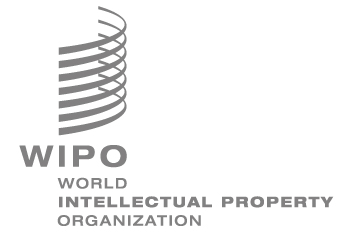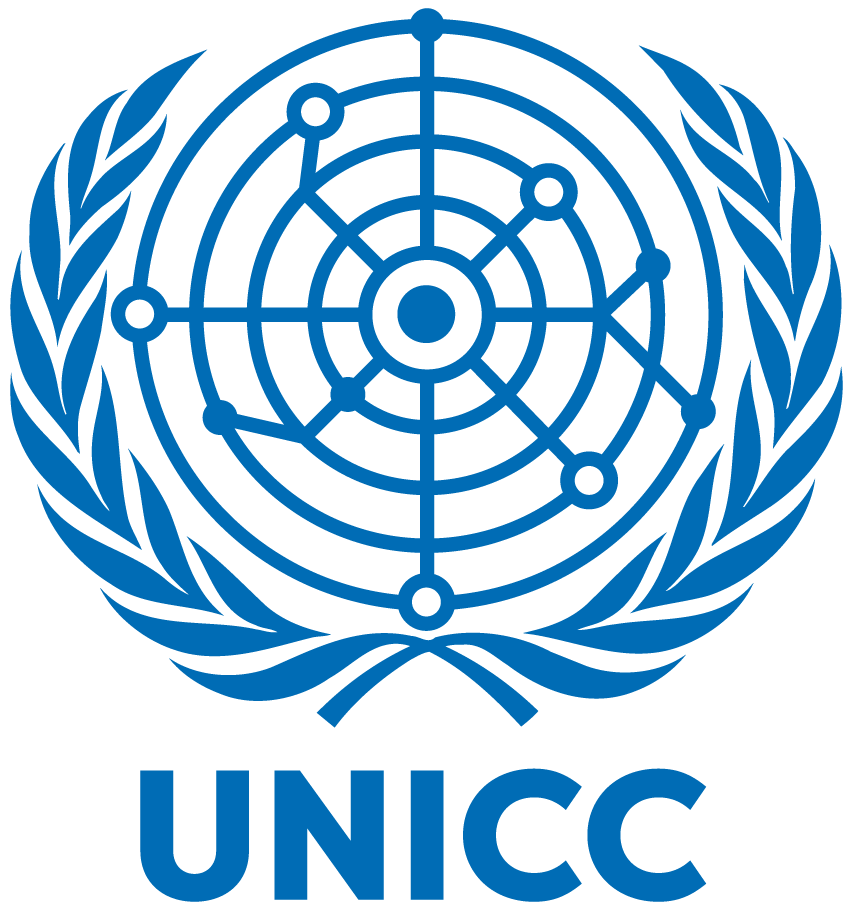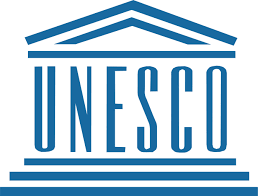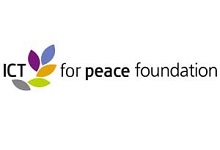Acronym: WIPO
Established: 1967
Address: Chemin des Colombettes 34, 1211 Geneva 20, Switzerland
Website: https://www.wipo.int/
Stakeholder group: International and regional organisations
WIPO is a UN agency functioning as the global forum for intellectual property (IP) related services (patents, copyright, trademarks, and designs), policy, information, and cooperation. The organisation was established in 1967. It currently has 193 member states and over 200 observers representing non-governmental organisations (NGOs) and intergovernmental organisations. WIPO leads the development of a balanced and effective global IP ecosystem to promote innovation and creativity for a better and more sustainable future.
Digital activities
WIPO runs several online registration systems for patents and trademarks. There are also numerous databases available for use by stakeholders on the same subjects.
Digital policy issues
Frontier technologies including artificial intelligence
WIPO pays particular attention to the interplay between frontier technologies including artificial intelligence (AI) and IP.
The WIPO Conversation on IP and Frontier Technologies provides an open, inclusive forum to engage with and facilitate discussion and knowledge-building among the widest possible set of stakeholders. It leads the global discourse on the impact of frontier technologies on IP, in this fast-moving, complex space. Each year, WIPO usually holds two sessions of the Conversation covering both the uses and applications of frontier technologies to assist IP Offices and IP owners as well as more conceptual policy-based discussions to ensure that the IP systems continue to foster innovation. The five sessions of the WIPO Conversation to date have focused on AI, data, and frontier technologies in IP administration.
WIPO has prepared a paper exploring the (potential) impact of AI on IP policies in areas such as copyright and related rights, patents, trademarks, designs, and overall IP administration. It also maintains an AI and IP strategy clearing house, which collates government instruments (strategies, regulations, etc.) that are relevant to AI, data, and IP.
WIPO is also developing and deploying AI solutions in the context of various activities; relevant examples are WIPO Translate and the WIPO Brand Image Search, which use AI for automated translation and image recognition. The WIPO Index of AI Initiatives in IP Offices seeks to foster information sharing and collaboration between national IP Offices working on similar projects.
- Revised Issue Paper on Intellectual Property Policy and Artificial Intelligence (2020)
- IP and Frontier Technologies
- The WIPO Conversation on IP and Frontier Technologies
- IP and AI
- IP and Data
- AI and IP Clearing House
- Index of AI Initiatives
- Frontier Technologies in IP Administration
- UN Secretary-General’s High-level Panel on Digital Cooperation follow-up process | Contributing to the roundtables on AI and digital platforms.
- Taking part in the Road to Bern via Geneva dialogues on digital and data cooperation.
- Cooperating with the International Telecommunication Union (ITU) in the AI for Good initiative
- Supporting UNESCO’s work on developing the first global normative instrument on the ethics of AI.
- Participating in the work of the Geneva Science and Diplomacy Anticipator (GESDA), and an independent foundation to leverage the anticipative power of science with diplomacy organisations and citizens working in Geneva and around the world.
Alternative dispute resolution and critical internet resources
WIPO’sactivitiesregarding the Domain Name System(DNS) revolve around the protection of trademarks and related rights in the context of domain names. It developed the Uniform Domain-Name Dispute-Resolution Policy (UDRP) with the Internet Corporation for Assigned Names and Numbers (ICANN). Under this policy, WIPO’s Arbitration and Mediation Center provides dispute resolution services for second-level domain name registrations under generic top-level domains (gTLDs) to which the UDPR applies. The Center also administers disputes under specific policies adopted by some gTLD registries (e.g. .aero, .asia, .travel). In addition, it offers domain name dispute resolution services for over 70 country code top-level domains (ccTLDs). WIPO has developed a ccTLD Program to provide advice to many ccTLD registries on the establishment of dispute resolution procedures. It also contributes to the work carried out within the framework of ICANN in regard to the strengthening of existing trademark rights protection mechanisms or the development of new such mechanisms.
- WIPO Guide to the Uniform Domain Name Dispute Resolution Policy
- Guide to WIPO’s services for country code top-level domain registries
- WIPO’s Arbitration and Mediation Center
- WIPO Online Case Administration Tools, including WIPO eADR (allowing parties in a dispute, mediators, arbitrators, and experts in a WIPO case to securely submit communications electronically into an online docket) and online facilities for meetings and hearings as part of WIPO cases.
Intellectual property rights
Trademarks
WIPO has long been involved in issues related to the protection of trademarks in the context of the DNS. The first phase of the WIPO Internet Domain Name Process, carried out in 1991, explored trademark abuse in second-level domain names, and led to the adoption, by ICANN, of the UDRP. WIPO has also contributed to the development of several trademark rights protection mechanisms applicable to gTLDs (such as legal rights objections, the Trademark Clearinghouse, and the uniform rapid suspension system). The WIPO Arbitration and Mediation Center administers trademark-related dispute resolution cases for several gTLDs and ccTLDs.
Copyright
WIPO is actively contributing to international discussions on the opportunities offered by copyright in the digital environment, especially to developing economies, small and medium enterprises (SMEs) and women entrepreneurs. The organisation administers the Internet Treaties and the Beijing Treaty, which clarify that existing copyright and related rights apply on the internet, and introduce new online rights, while also establishing international norms aimed at preventing unauthorised access to and use of creative works on the internet or other digital networks. The WIPO Accessible Books Consortium furthers the practical implementation of the Marrakesh Treaty to increase the number of books available worldwide in accessible digital formats. WIPO member states are considering topics related to copyright in the digital environment at the multilateral level. WIPO also carries out research and organises seminars and other meetings on aspects concerning challenges and possible solutions for taking advantage of the opportunities offered by copyright and related rights in the digital era.
- WIPO Copyright Treaty
- WIPO Performances and Phonogram Treaty
- Standing Committee on Copyright and Related Rights
- Standing Committee on the Law of Trademarks, Industrials Designs and Geographical Indications
- WIPO’s Arbitration and Mediation Center
Liability of intermediaries
Given WIPO’s concerns regarding the protection of copyright and related rights on the internet, the organisation is exploring issues related to the roles and responsibilities of internet intermediaries when it comes to online copyright infringements. The organisation carries out or commissions research and publishes studies on the relationship between copyright and internet intermediaries (such as comparative analyses of national approaches to the liability of Internet intermediaries), and organises events (seminars, workshops, sessions at the World Summit on the Information Society (WSIS) Forum and Internet Governance Forum (IGF) meetings, etc.) aimed at facilitating multistakeholder discussions on the potential liability of internet intermediaries concerning copyright infringements.
Sustainable development
WIPO is of the view that IP is a critical incentive for innovation and creativity, and, as such, a key to the success of the sustainable development goals (SDGs). The organisation works to enable member states to use the IP system to drive the innovation, competitiveness, and creativity needed to achieve the SDGs. It does so, for instance, through supporting countries in their efforts to build an innovative IP ecosystem, providing legislative advice on updating national IP laws, and supporting judiciary systems in keeping up with technological innovation. WIPO’s contribution to the implementation of the Agenda 2030 is guided by its Development Agenda.
- WIPO and the Sustainable Development Goals – Innovation Driving Human Progress (brochure)
- The Impact of Innovation – WIPO and the Sustainable Development Goals
- WIPO GREEN – online marketplace for sustainable technologies
- COVID-19 Technical Assistance Platform – a one-stop digital platform for technical assistance provided by WIPO, WHO, and WTO on IP, public health, and trade matters related to COVID-19.
Climate change
WIPO’s Global Challenges programme brings together various stakeholders to explore issues related to green technologies and the environment. It hosts WIPO GREEN, a multistakeholder platform aimed to promote innovation and diffusion of green technologies, and it provides analysis of relevant IP issues to facilitate international policy dialogue. The WIPO GREEN platform includes a digital database of green technologies in sectors such as energy, water and transportation. In 2022, WIPO launched the Green Technology Book, a major digital publication to showcase concrete solutions related to climate change adaptation. The report will be fully integrated with the WIPO GREEN database, allowing for continuous additions by technology providers.
- WIPO GREEN – online marketplace for sustainable/ green technologies
Digital tools
Here are some examples of the digital tools WIPO uses in relation to its services:
- WIPO Online Case Administration Tools, including WIPO eADR (allowing parties in a dispute, mediators, arbitrators, and experts in a WIPO case to securely submit communications electronically into an online docket) and online facilities for meetings and hearings as part of WIPO cases.
- WIPO GREEN – online marketplace for sustainable technologies.
- WIPO Match – platform that matches seekers of specific IP-related development needs with potential providers offering resources.
- WIPO Alert – platform to upload information on entities that infringed copyright at national level.
- Madrid e-services – online tools and resources.
- Electronic Forum – enables the electronic distribution and submission by email of comments concerning preliminary draft working documents and draft reports.
- WIPO Academy – also includes an eLearning Centre.
- WIPO Connect – enables collective management of copyright and related rights at local and central levels.
- ABC Global Book Service – on-line catalogue that allows participating libraries for the blind and organisations serving people who are print disabled to obtain accessible content.
- WIPO Knowledge Centre – hosts virtual exhibitions. Recent subjects have included geographical indications, and AI.








Social media channels
Facebook @WIPO
Flickr @WIPO
Instagram @wipo
LinkedIn @WIPO
Podcast @https://www.wipo.int/podcasts/en/
X @WIPO
YouTube @WIPO